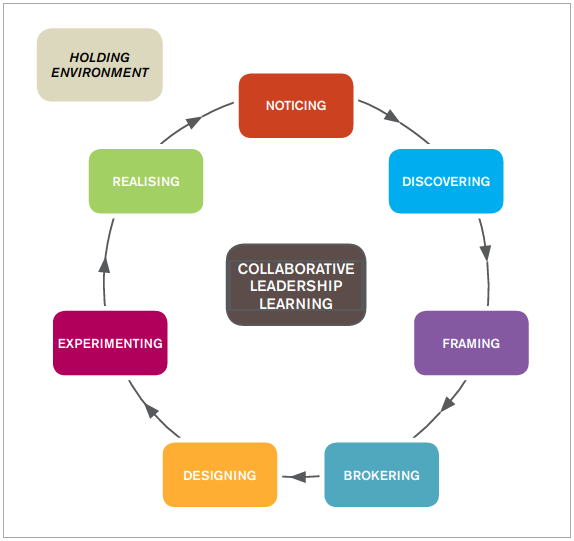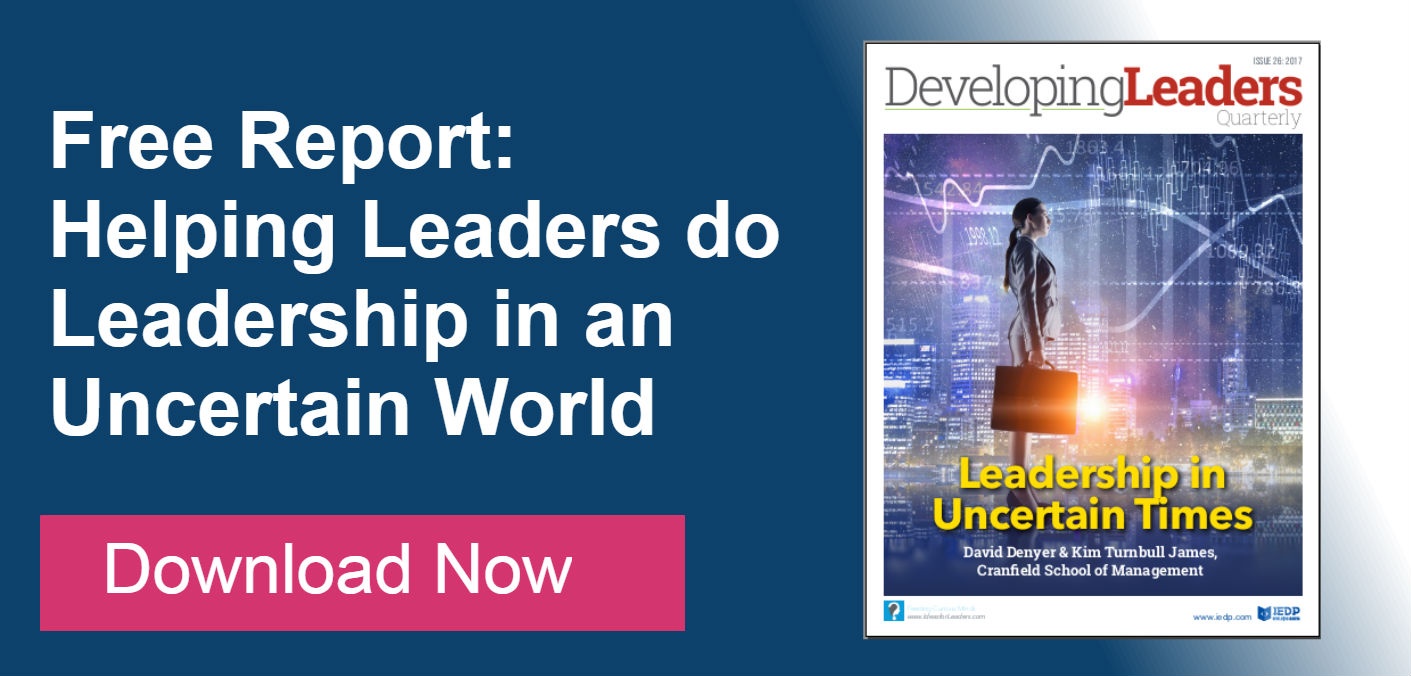 These are exceptional times—and few business leaders can honestly say that they saw them coming. From Brexit to protectionism, and from mass migration to the financial crisis, things weren’t supposed to turn out like this.
These are exceptional times—and few business leaders can honestly say that they saw them coming. From Brexit to protectionism, and from mass migration to the financial crisis, things weren’t supposed to turn out like this.
But they have. And these and other changes are forcing leaders to review, rethink, redesign, and reinvent how their organisations achieve their purposes.
Yet those leaders can’t determine how to do this in isolation. For in this new era, the work of leadership is marked by ever-greater cross‑functional collaboration, and highly participative environments in which people at all levels take, and feel, personal responsibility for their collective output.
Paradox
But paradoxically, such collaboration and working together is made more difficult by the very conditions that bring it about.
During times of disruptive change, people crave a ‘strong’ leader to provide answers, a compelling vision, and an unambiguous implementation plan—with the underlying belief being that change requires effective individual leaders.
So it isn’t too surprising that a lot of what we regard as leadership development would be more accurately described as leader development, and focused on the traits, styles, actions, and competencies of the individuals who are formally assigned leadership roles.
The obvious flaw in this is that whilst changed organisational circumstances call for changes in organisational practices more appropriate for the changed organisational circumstances, yet, the most common response is either to change the leaders or to develop individuals for new leader roles.
Leadership practices
There must be a better way—and we believe that there is.
Rather than changing the leaders, we argue that organisations should invest in helping organisations to do leadership differently.
And a mindset shift from leader‑driven change to leadership‑enabled change lies at the heart of our approach to working with clients on intractable, messy problems. We start with the problem not the leaders.
It’s an approach that has been honed—and informed—by interviewing senior executives from a range of organisations actively involved in dealing with complex and uncertain problems, together with talking to thousands of managers on our executive development programmes.
As a result, we have identified seven leadership practices that we believe are central to dealing with intractable, messy problems.
Practices are very different from competences. Competences are attributed to an individual—an individual can exercise these competences wherever they work, and so this idea of leadership results in individuals perceived as having these competences being inserted into difficult situations to turn things around. Practices only exist in the collective habits, routines, processes and culture of the organisation. They do not belong to an individual. Practices are embedded in collective approaches to dealing with challenges and not in an individual leader’s style of working. Our approach to leadership development is to help the organisation change how it meets challenges rather than staring with individual change.

Room to grow
Furthermore, these seven specific leadership practices are underpinned by two ‘meta’ leadership practices, which facilitate and promote them.
The first, collaborative leadership learning, is about developing the conditions in which collective leadership work can best be experienced.
The second, enabling a ‘holding’ environment, is about creating the ‘safe spaces’ in which difficulties and uncertainty as viewed as learning opportunities.
Practical lessons
The world isn’t going to get any less uncertain, any time soon. Unpredictable change, we suspect, will continue to be the norm.
The lessons we draw out are
--starting with the messy, adaptive challenge not the leaders
--collaborative learning not a leader learning agenda
-the paradox that you need commitment from the top despite de-emphasising top down leadership
(not about leadership models and framework)
As you’d expect, here at Cranfield, we have our view—although we don’t claim that it is necessarily the best, or the only means of doing so. It is simply—to reiterate—one that we have found to be grounded in real-world practice, based on the work we have done with individuals and organisations aspiring to more flexible and collaborative leaders and leadership models.
So to read more about it, download our full article.




